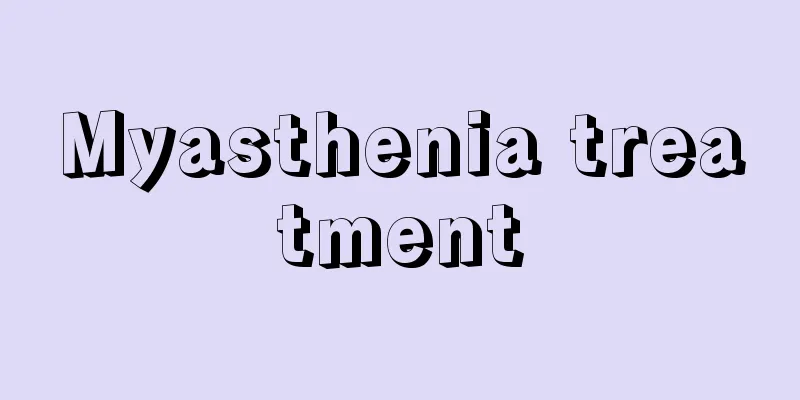What are the early treatment methods for colorectal cancer

|
Colorectal cancer is a common malignant tumor in our daily life. Since patients have no obvious clinical symptoms in the early stages, many patients are already in the late stages when diagnosed. It can be seen that friends with intestinal discomfort should seek medical attention as soon as possible in order to achieve better treatment results. Below I will introduce to you the common treatments of colorectal cancer. 1. Surgery (1) The treatment plan for colon cancer is a comprehensive treatment plan with surgical resection as the main treatment. Radical resection + regional lymph node dissection is often used for patients in stages I, II and III. The scope of radical resection and the surgical method are determined according to the location of the tumor. If patients in stage IV have intestinal obstruction or severe intestinal bleeding, radical surgery is not performed for the time being. Palliative resection can be performed to relieve symptoms and improve the patient's quality of life. (2) The basis of radical treatment of rectal cancer is surgery. Rectal surgery is more difficult than colon surgery. Common surgical methods include: transanal resection (very early stage near the anal verge), total mesorectal excision, low anterior resection, and transabdominal anal sphincter and abdominoperineal resection. For stage II and III rectal cancer, it is recommended to undergo radiation and chemotherapy before surgery to shrink the tumor and reduce the local tumor stage before radical surgery. 2. Comprehensive treatment (1) Adjuvant chemotherapy: Oxaliplatin combined with fluorouracil (5-fluorouracil) is the current standard treatment for stage III colorectal cancer and some patients with high-risk colorectal cancer. The treatment duration is 6 months. It is suitable for patients with rectal cancer who have not received neoadjuvant radiotherapy before surgery and who need adjuvant radiotherapy after surgery. (2) The treatment of IV colorectal cancer is mainly a comprehensive treatment plan with chemotherapy as the main treatment. Chemotherapy drugs include 5-fluorouracil, capecitabine, oxaliplatin, irinotecan, bevacizumab, cetuximab, panitumumab and other drugs. Commonly used chemotherapy regimens include: FOLFOX, XELOX, FOLFIRI, etc. On the basis of chemotherapy, targeted drug therapy (bevacizumab, cetuximab, panitumumab) can be combined as appropriate. 3. Radiation therapy At present, the comprehensive treatment of surgery and radiotherapy has a better effect and is the most studied, including preoperative radiotherapy, intraoperative radiotherapy, postoperative radiotherapy, "sandwich" radiotherapy, etc., each with its own characteristics. Palliative radiotherapy is used for patients with advanced rectal cancer, local tumor infiltration, and those with surgical contraindications to relieve symptoms and reduce pain. |
>>: What are the TCM treatments for advanced colorectal cancer?
Recommend
Which prostate cancer patients are suitable for endocrine therapy
Prostate cancer is generally an androgen-related ...
Side effects of Rehmannia glutinosa
Rehmannia root is a relatively common Chinese med...
Why does my throat itch and my ears itch as well?
In daily life, some people always have itchy thro...
What to do if the sweater shrinks
Wool sweaters are a common type of clothing. They...
Is melanoma incurable?
Melanoma is a common disease, and there are many ...
What are the methods for detecting clenbuterol
Clenbuterol was originally used to treat bronchia...
How to clean scale in a water dispenser
Many people know that scale is easy to appear whe...
How to take care of patients with fibroids
In many cases, we may develop fibroids due to var...
Is tinea versicolor easy to treat? How to treat
Tinea versicolor, also known as tinea versicolor,...
If you have these 6 facial features, you will definitely live longer
Our ancestors have been tirelessly seeking the se...
What are the techniques for cupping and tightening?
In daily life, the human body will inevitably hav...
How to completely treat glioma
Glioma is a brain tumor disease that has been pla...
What do I need to bring to the beach?
As the pace of life becomes faster and faster, ma...
How to effectively prevent the occurrence of lung cancer from two perspectives
Lung cancer is a respiratory disease. After years...
What diseases may be complicated by pituitary tumors
When pituitary tumors occur in the early stages, ...









